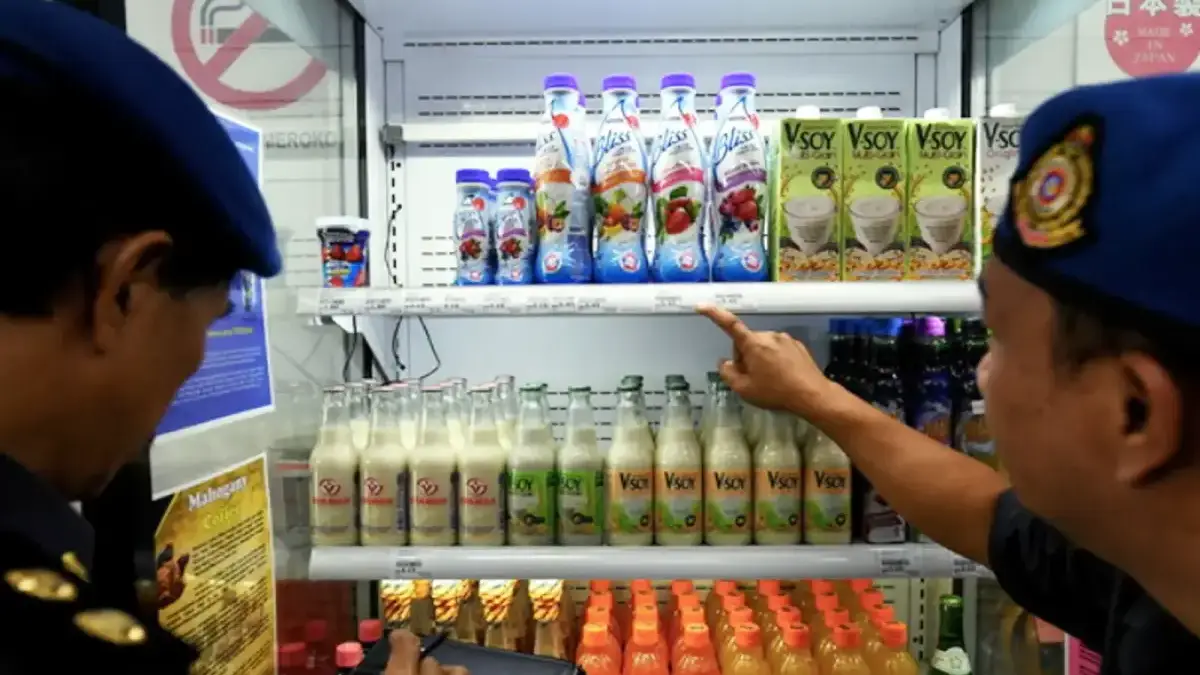Malaysia’s recent expansion of the Sales and Service Tax (SST), implemented on July 1, 2025, has sparked discussions about its potential impact on inflation and consumer prices. While economists suggest the inflationary effects will be limited and temporary, they are urging consumers to remain vigilant against profiteering by unscrupulous traders. With non-essential goods and services now taxed at rates of 5% to 10%, and specific service taxes applied to sectors like leasing and construction, the policy aims to balance fiscal needs with protections for essential items. Yet, concerns linger about the indirect burden on low- and middle-income households.
A Modest and Temporary Impact on Inflation
The expanded SST maintains a zero-rate tax on essential goods, a move designed to shield vulnerable populations from immediate price shocks. Non-essential items, however, now face taxes ranging from 5% to 10%, while an 8% service tax applies to rental and leasing services (excluding residential housing, reading materials, and certain assets outside Malaysia). Additionally, a 6% service tax has been imposed on construction services for infrastructure, commercial, and industrial buildings.
Economist Geoffrey Williams emphasized that the inflationary effect of this policy is expected to be minimal in the short term. “The effect on inflation will be limited and temporary because this is a one-off effect on only a small sample of goods and services. Most of the consumer price index constituents are unaffected,” Williams told The Star on July 4, 2025. He highlighted that consumers should be aware of which products fall under the new tax brackets and report any unjustified price increases on unaffected items to the authorities as potential profiteering.
Similarly, Lee Heng Guie, executive director of the Socio-Economic Research Centre, predicted a manageable rise in prices, estimating an increase of 0.5 to 1 percentage points in the short term for non-essential items and services. “While price adjustments are anticipated, this will likely taper off over time,” Lee explained to The Star on July 4, 2025. He noted, however, that indirect costs—such as those passed on by businesses facing higher taxes on leasing and rentals in sectors like logistics, manufacturing, and retail—could still affect consumers, particularly those in lower and middle-income brackets.
Despite government efforts to mitigate the impact through exemptions on essentials and cash assistance programs like Sumbangan Tunai Rahmah, Lee cautioned that the broader supply chain could see cost increases. “The increase in SST on a broader range of goods and services can lead to price hikes across the supply chain, ultimately impacting consumers,” he added.
Consumer Activism as a Defense Against Profiteering
Amid these changes, economists are placing significant responsibility on Malaysian consumers to curb unnecessary price hikes. Williams advocated for public action, including “naming and shaming” profiteers on social media platforms as an effective deterrent. “Naming and shaming profiteers online is very effective, as well as boycotting the worst offenders. But, this requires group action where NGOs and consumer groups can play a role,” he told The Star on July 4, 2025.
He also suggested that transparency from companies—such as clear pricing and comparisons with competitors—could foster trust and loyalty among customers. “Those that treat customers well will keep and gain customers, and those with bad attitudes will lose business,” Williams noted. His call for vigilance underscores a broader push for consumer empowerment in the face of potential exploitation during the SST rollout.
Lee echoed this sentiment, stressing the importance of consumer activism in addressing unjustified price increases. “To manage price pressures, the government can improve price monitoring, provide clear communication to the public, and enforce strict tax compliance to prevent price gouging,” he advised in his comments to The Star on July 4, 2025. He also urged the government to launch awareness campaigns and maintain clear guidelines to ensure businesses adhere to tax policies without passing excessive costs onto consumers.
Debating Government Intervention
Not all experts agree on the role of government in mitigating the SST’s effects. Carmelo Ferlito, chief executive of the Centre for Market Education think tank, argued against state intervention in price adjustments. “There are already too many price distortions in the Malaysian economic system,” Ferlito told The Star on July 4, 2025. He clarified that taxes like the SST do not inherently cause inflation, which he defined as a persistent rise in price levels driven by an increase in money supply outpacing economic output. “Taxes do not create inflation, government spending does. There will instead be inflation if the government expands the money supply to counter the effects of SST,” he warned.
Ferlito’s perspective raises questions about the long-term fiscal strategies Malaysia might adopt to balance the revenue generated from the SST expansion with economic stability. If the government opts for monetary expansion to offset consumer burdens, as Ferlito cautions, the risk of sustained inflation could grow, undermining the policy’s intended temporary impact.
Broader Economic Context and Consumer Burden
The SST expansion comes at a time when Malaysia is navigating complex economic challenges, including global supply chain disruptions and domestic cost-of-living pressures. While the policy targets non-essential goods and services to protect the most vulnerable, the indirect effects on businesses—particularly those reliant on leased premises—could ripple through to consumers. For instance, a small retailer facing an 8% service tax on their rental agreement might raise prices on goods to cover the added cost, even if those goods themselves are exempt from the SST increase.
Low- and middle-income households, already grappling with tight budgets, may feel the pinch most acutely. Despite cash handouts and exemptions, the cumulative effect of price adjustments across the supply chain could strain their purchasing power. Lee’s analysis suggests that while the direct impact on consumers is limited, the indirect costs borne by businesses could still translate into higher prices at the checkout counter.
Moreover, the SST expansion highlights a broader tension in Malaysia’s fiscal policy: the need to boost government revenue without disproportionately burdening citizens. The zero-rate tax on essentials reflects an awareness of this balance, but the effectiveness of enforcement and monitoring mechanisms will be critical in preventing profiteering. As Williams and Lee both noted, consumer vigilance—supported by government transparency and strict compliance measures—will play a pivotal role in ensuring the policy does not exacerbate existing inequalities.
Looking Ahead: Balancing Revenue and Stability
As Malaysia adjusts to the expanded SST, the interplay between consumer behavior, business practices, and government oversight will shape its economic fallout. Economists remain cautiously optimistic that the inflationary impact will be short-lived, but the onus is on both the public and authorities to prevent opportunistic price hikes from undermining this outlook. The government’s ability to communicate clearly, monitor prices effectively, and enforce compliance will be tested in the coming months.
For now, Malaysian shoppers are encouraged to scrutinize price tags and hold businesses accountable, whether through reporting mechanisms or social media campaigns. The question remains whether collective consumer action, paired with targeted government policies, can safeguard the economy from unnecessary strain. As the SST’s effects unfold, its true test will lie in whether it achieves fiscal goals without deepening the financial pressures on the nation’s most vulnerable.















